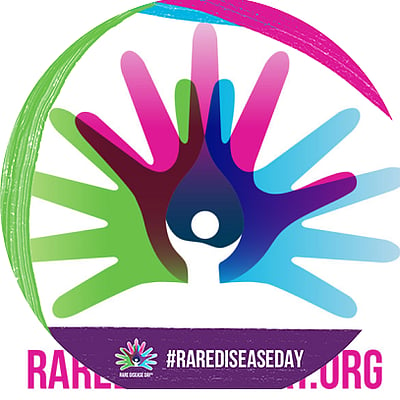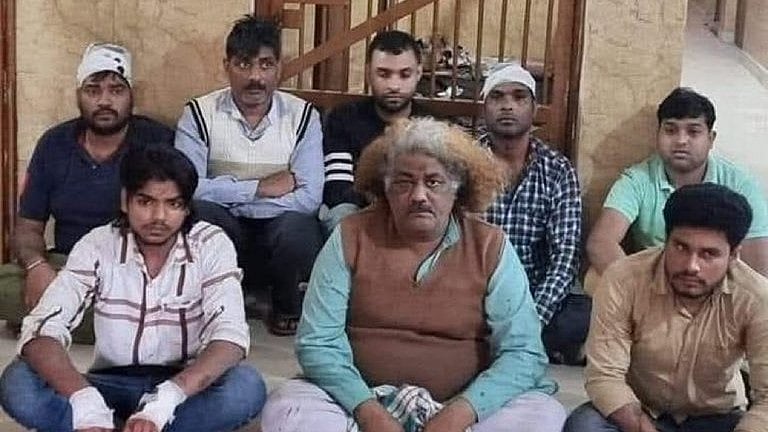An orphan drug (which remains commercially undeveloped) is a treatment designed for a rare disease, or one that has no satisfactory method of diagnosis, prevention, or treatment. These diseases do not affect majority of the population and have an average prevalence of fewer than 40 to 50 cases per 100,000 people, accounting for nearly 350 million patients around the globe. Because a tiny portion of the population suffers from these diseases, many pharma companies do not invest in drug treatments for the same, making medicines and treatment options very difficult to find.
Less than 10 percent of rare disease patients worldwide have received condition-specific treatment, yet their illnesses are typically chronic, progressive and debilitating. Half of the rare disease patients are children, a third of whom will die before their fifth birthday. While only 5 percent of rare diseases have a known cure, many patients can expect an improved quality of life with proper treatment. In India, nearly 96 million people live with a rare disease. Diagnosis of such ailments can take up to seven years, after which treatment options are generally out of reach for an average Indian person.
Rare disease patients and their families consistently face significant care inadequacies, unmet clinical needs, and feeling 'left in the dark’ about their condition. These challenges intensified at the height of the pandemic as it became more difficult to access the usual health and care support. On the other hand, the wider population got a taste of what it feels like to experience a rare condition at the start of the pandemic. Suddenly everyone had to isolate themselves, conduct a risk assessment before doing any ordinary task, and deal with the uncertainty of potentially catching COVID19 – a then rare illness for which there was no treatment or vaccine. The situation might have changed for the larger population, but there is still a long way to go for people living with rare diseases.
Further, many patients who seek services critical to managing their conditions, such as speech therapy and physiotherapy, were considered 'non-essential' during the lockdown and were forced to shut their doors. Restricted access to support has often led to family members taking a much more significant role in their loved one's care.
Clinical trials are sometimes the only hope of developing a treatment for patients with ultra-rare diseases. This meant that cancelled clinical research dashed the hopes of all these patients. In fact, around the globe, over 2,500 trials were terminated or suspended between the end of 2019 and May 2020. Studies that had been years in the making were abruptly halted as research funding was repurposed to fight the COVID19 crisis, and many trial clinicians called to the frontline.
The mental health impact of COVID19 on rare disease communities has also been quite significant. Some vulnerable patients were so worried about catching a deadly virus that they did not seek medical help even in dire circumstances. Others avoided trips to the supermarket or even going outside.
While COVID19 has disrupted patients' lives, it has also brought a glimmer of hope. For example, the healthcare industry has adopted remote patient monitoring and wearable devices out of necessity. Patients no longer had to travel miles to visit specialists – instead, they could have a virtual consultation via video link. This means that focus can be given to collecting samples for rare diseases through digital means.
Online clinical trials – which rely on virtual collaboration between researchers, medical teams, and patients – are becoming more common—collecting patient data using digital technology, such as wearable devices, rather than in-person tests might attract & retain a wider pool of trial subjects. It could mean that treatments are approved faster, and patients can receive specialized care.
As we've learned with COVID19, if there's a will, there's a way - we'll see in the next few years if there's a will when it comes to rare diseases.
(The writer works at SL Raheja Hospital, Mahim – A Fortis Associate. Views are personal)




